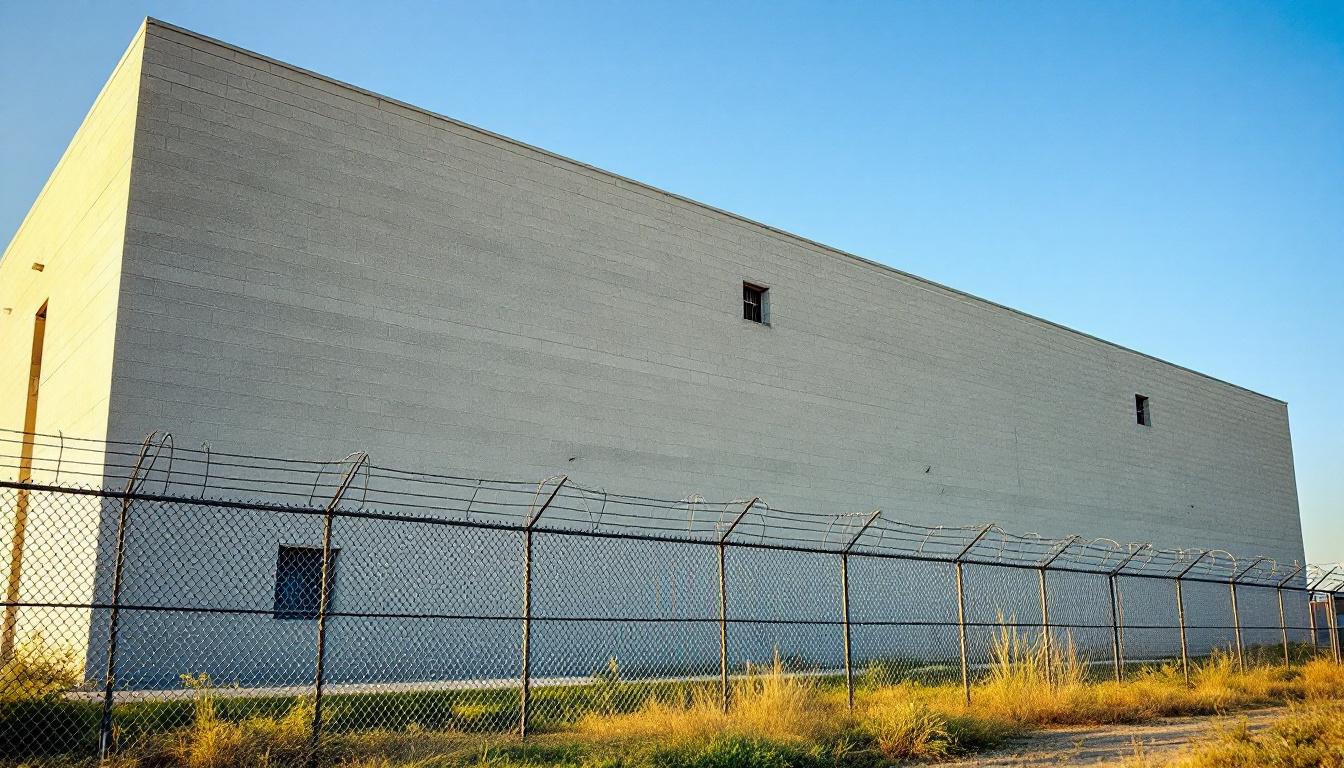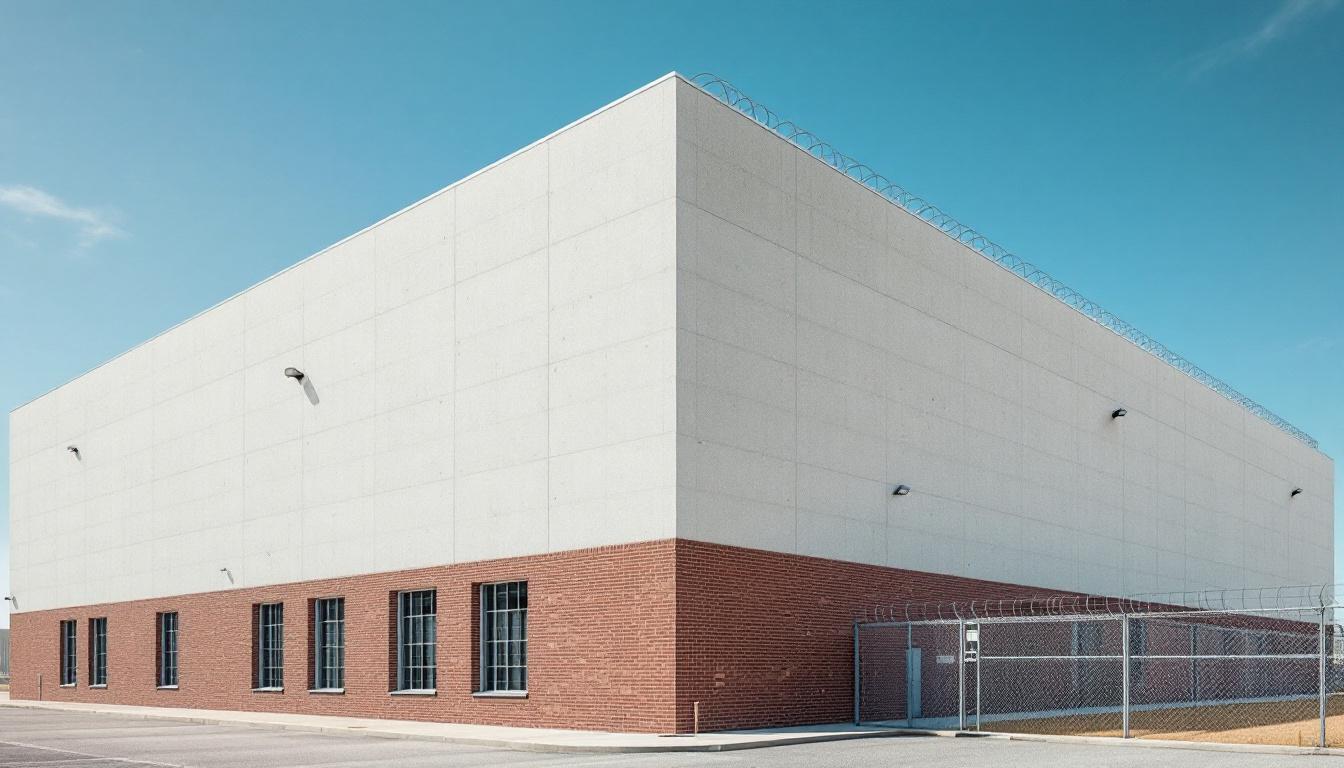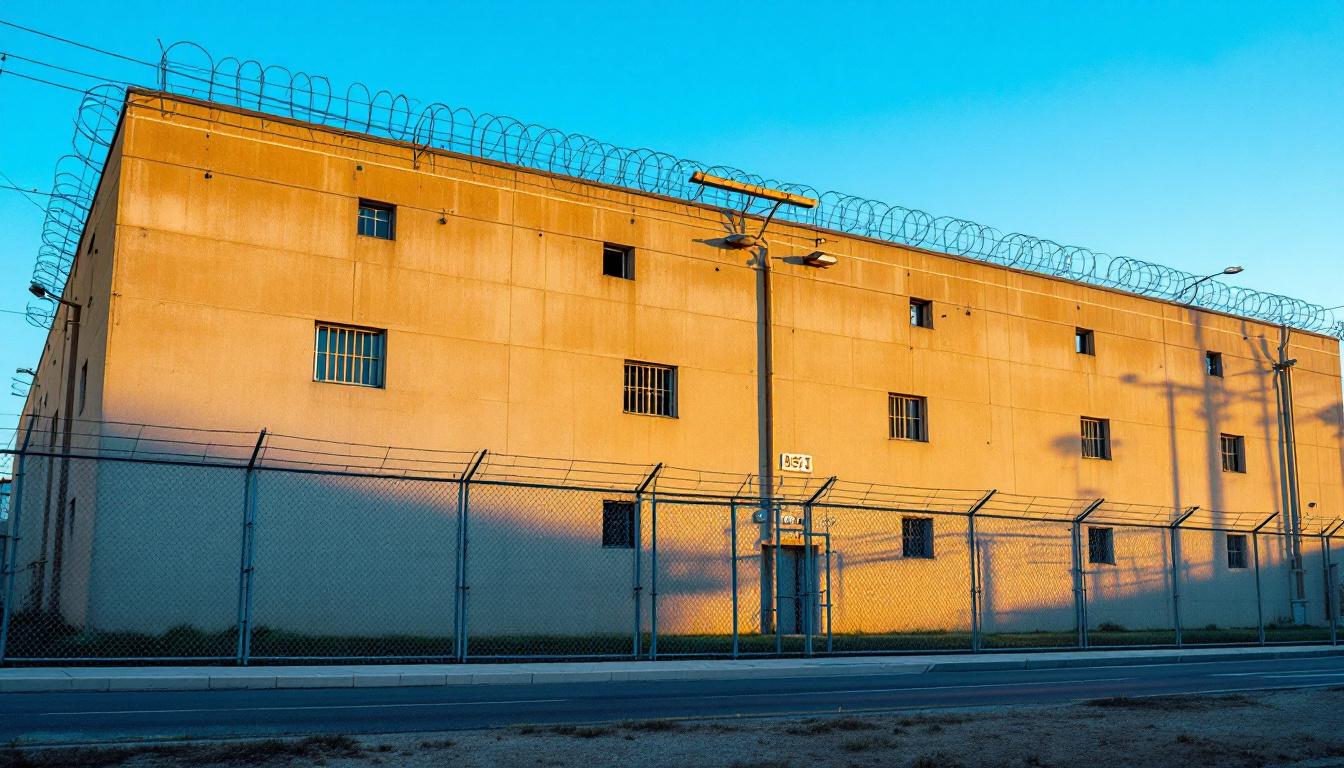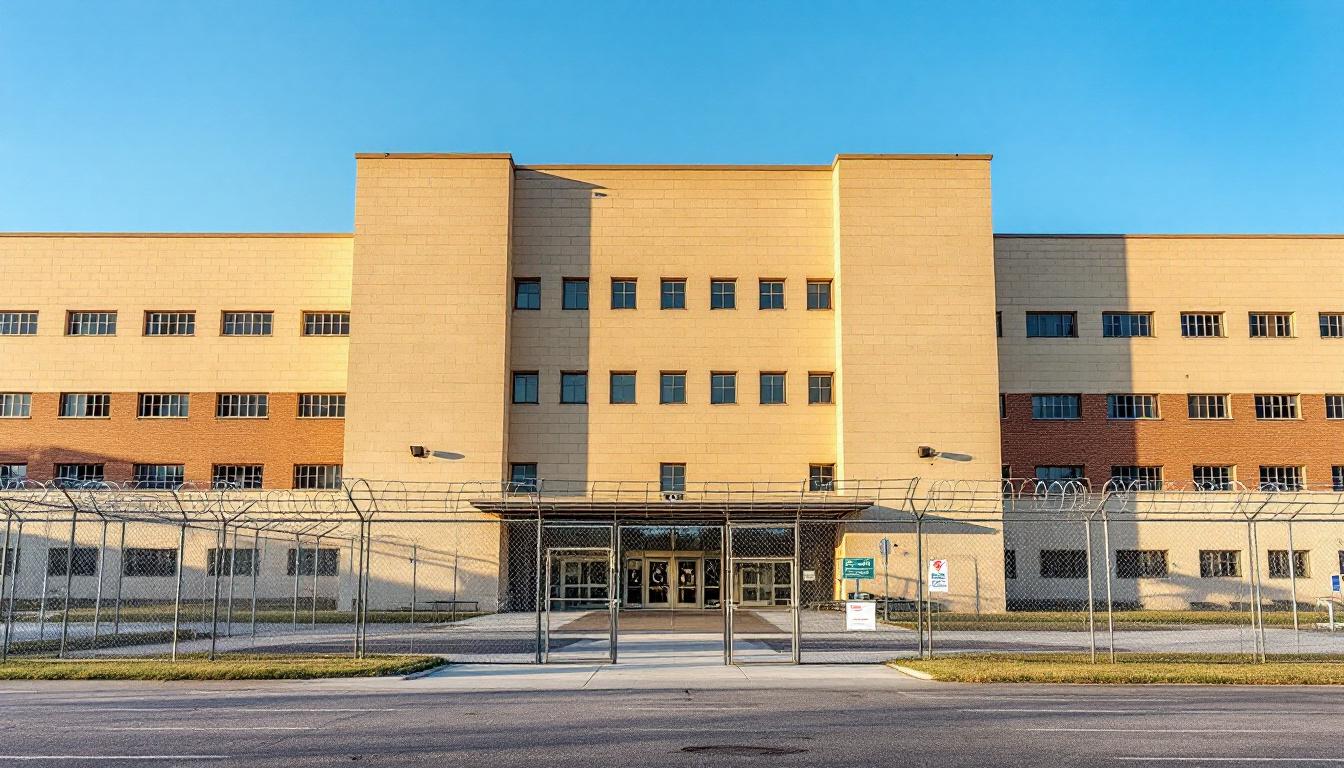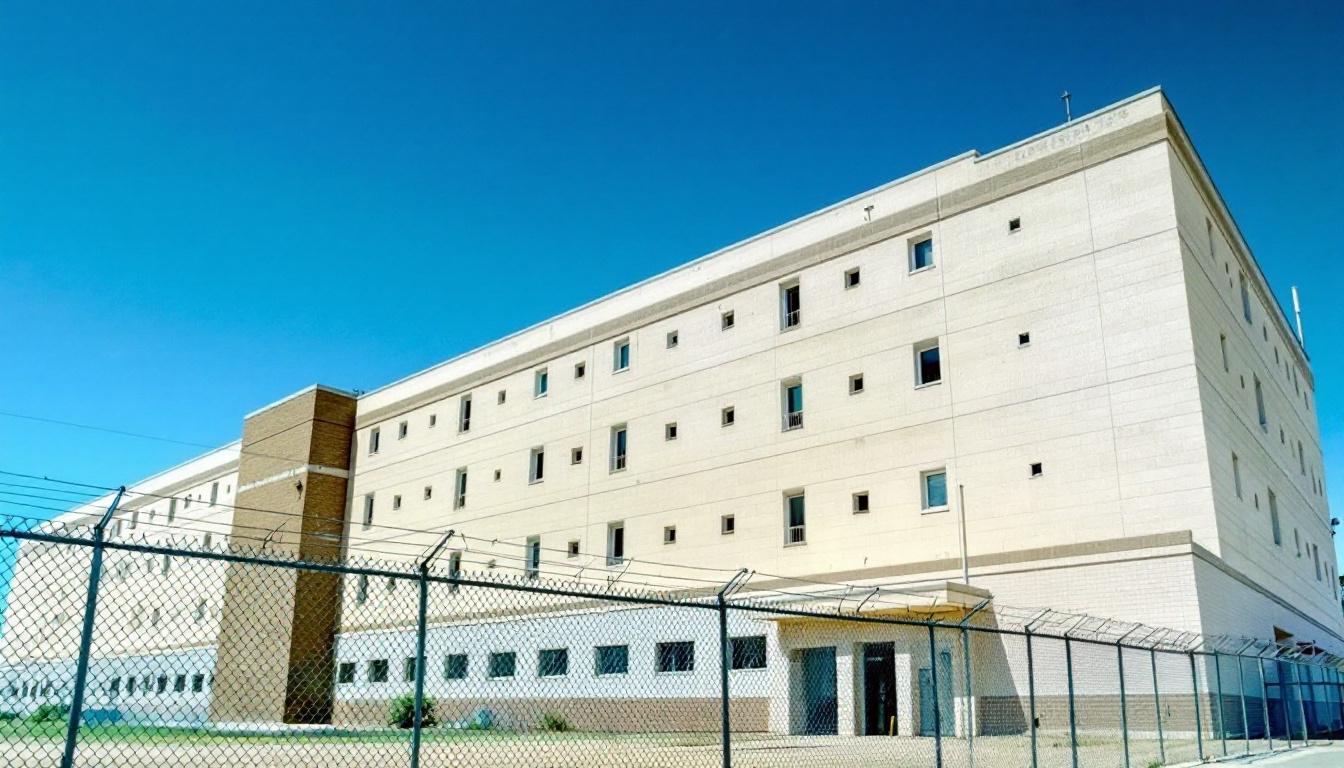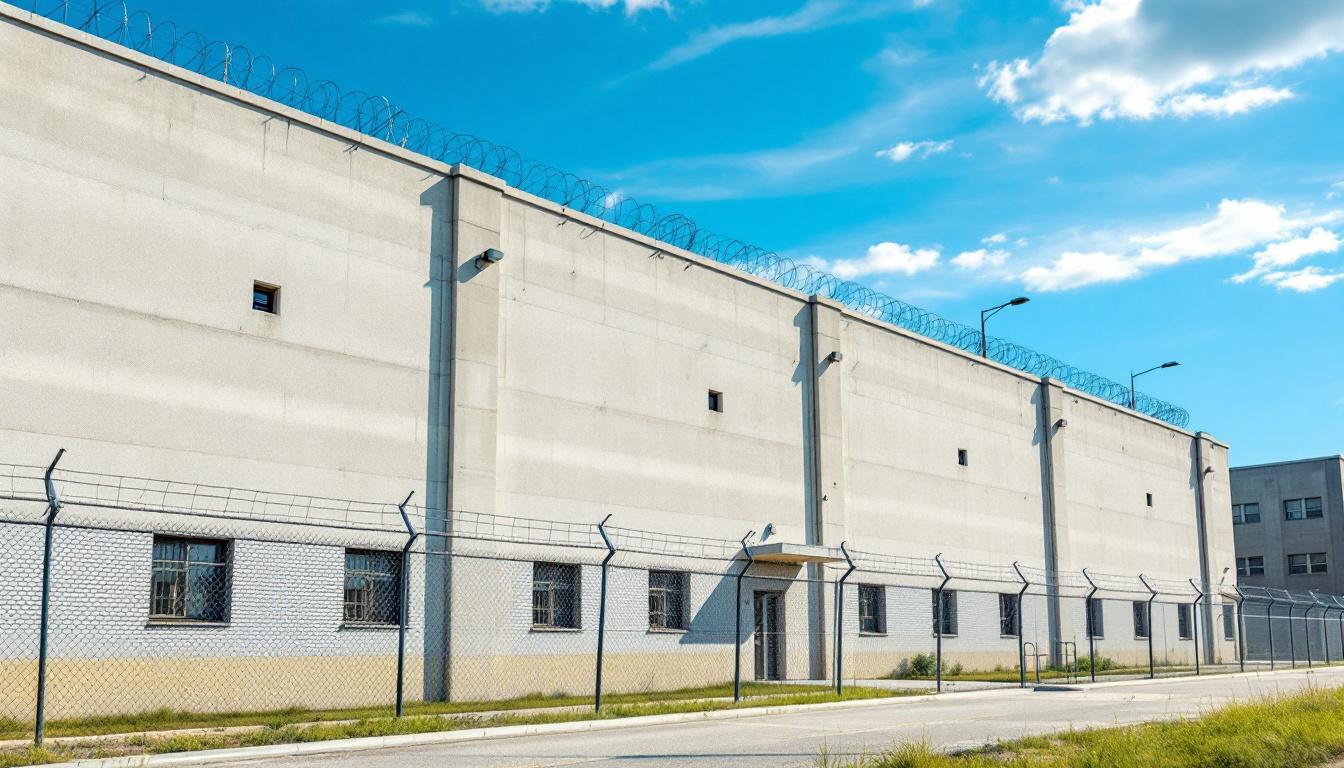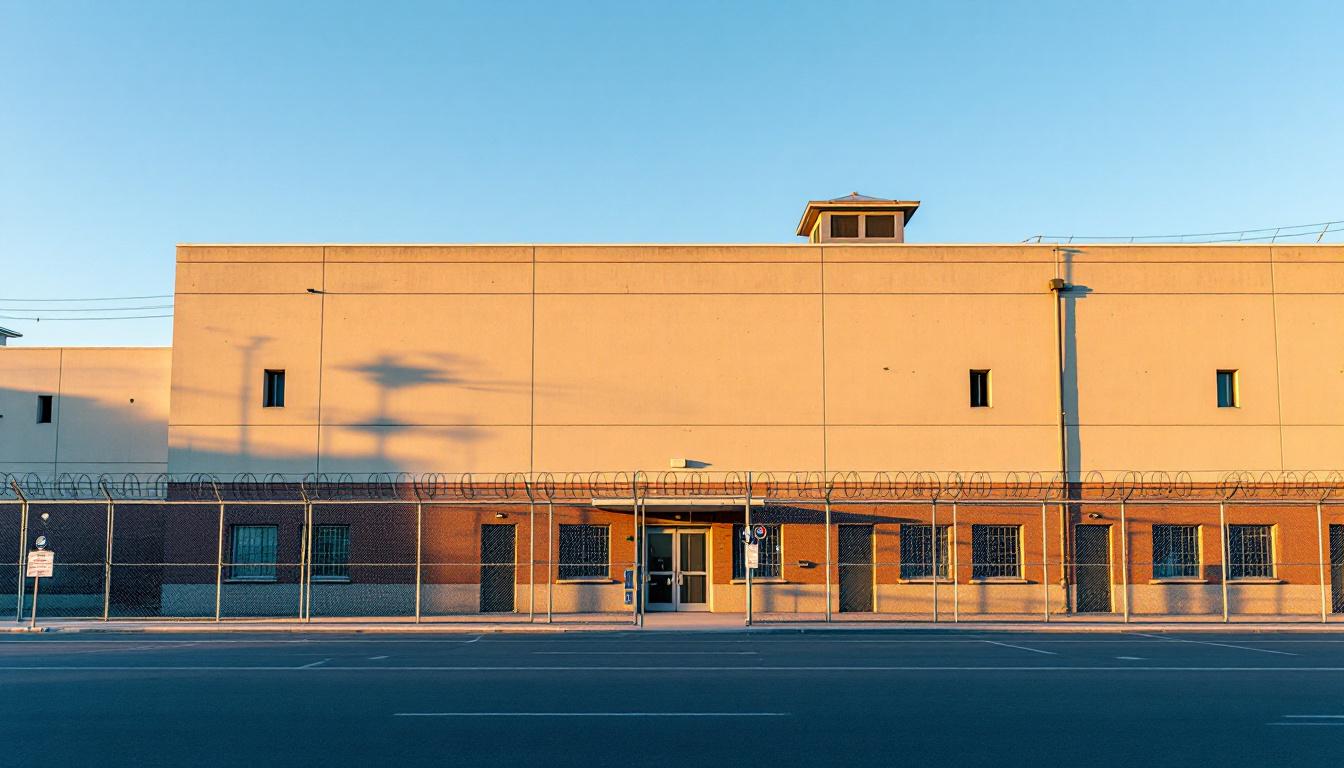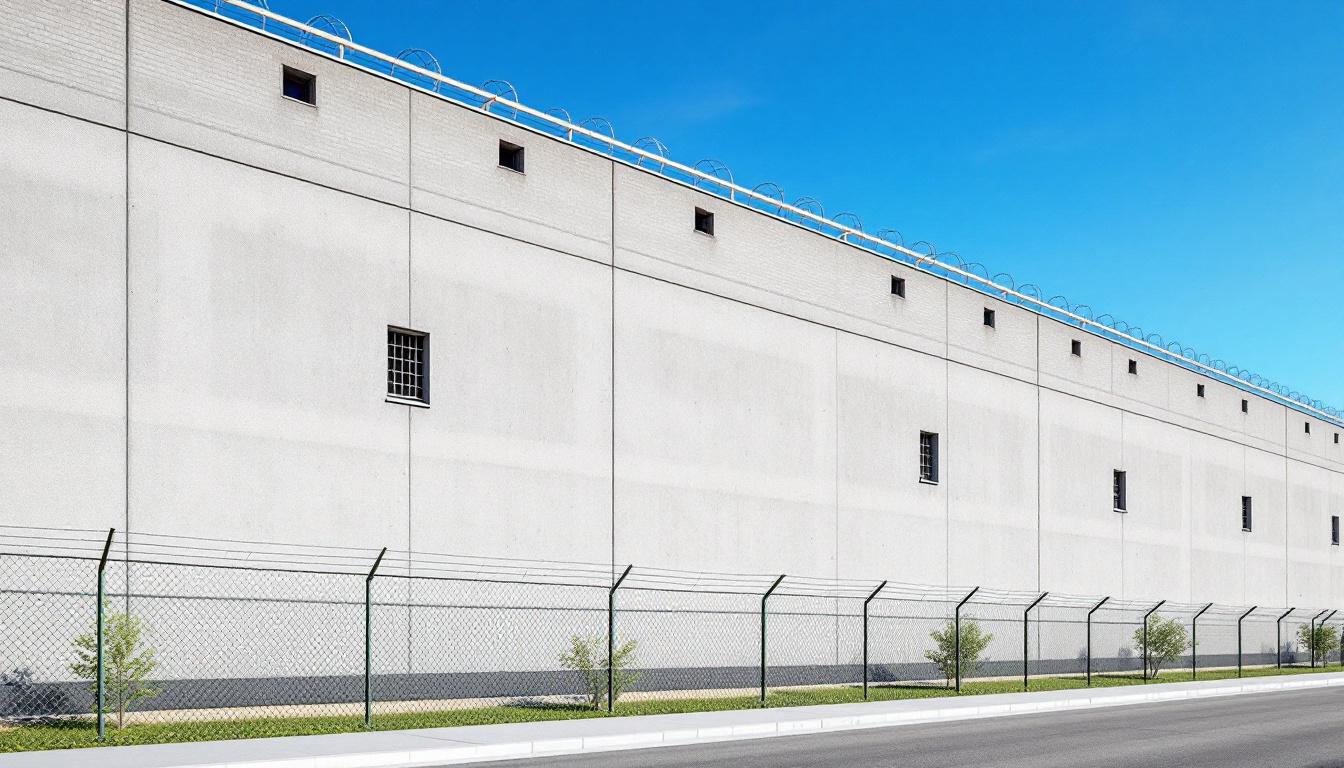
Quick Navigation
How to contact an inmate at Hickory County Sheriff’s Office
This comprehensive guide will walk you through how to connect with an inmate at Hickory County Sheriff’s Office. Follow the steps below to find an inmate and send letters and photos:
- Search for the inmate using our search tool below
- Create your account or log in to Penmate
- Write your message (up to 6,000 characters)
- Send instantly - inmates receive printed copies daily
Find an Inmate
Search for an inmate to start communicating today
Tip: You can search by first name, last name, or inmate ID number
To contact a person at Hickory County Sheriff’s Office start by searching for the person on the official facility website. Perform a search by following these steps:
- Step 1: Enter their first name and last name into the search form and click "Search"
- Step 2: Locate their inmate record
- Step 3: Write down their Inmate ID and any housing information provided
Important! Be sure to enter the person's full name. Nicknames should not be used.
How to Send Messages to Inmates

You can use your phone or computer to send emails, letters, and photos to an inmate. Messages are sent electronically to inmate tablets or kiosks at the facility. If you would like to send a message, start by searching for an inmate at Hickory County Sheriff’s Office.
Sending Photos and Postcards

A great way to send love and support to a loved one at Hickory County Sheriff’s Office is to send photos and postcards. It only takes a few minutes to send photos from your phone and it makes a huge difference. You can also mail postcards with words of support and inspiration, or design your own postcard for special moments like birthdays and holidays.
Important! Be sure not to send any explicit photos or they may not be approved by the facility. You can also use a photo printing app like Penmate to make sure your photos are printed at the correct size (4x6 or 3x5) and are mailed according to the rules and regulations of Hickory County Sheriff’s Office.
Frequently asked questions about Hickory County Sheriff’s Office
-
How long does it take to deliver a message?
If you're sending an email message your letter is usually delivered within 24-48 hours. For messages sent via mail you should expect delivery within 3-7 days. All messages will need be approved by Hickory County Sheriff’s Office.
-
How much does it cost to send a message to Hickory County Sheriff’s Office?
You can send a message free using your phone or mail a message via USPS for the price of a $0.60 stamp and envelope. You can also purchase credits or e-stamps from services starting at $1.99.
-
What services can I use to contact an inmate at Hickory County Sheriff’s Office?
Penmate
You can use Penmate to send letters and photos to an inmate from your phone. It's an easy way to stay in touch during your loved one's incarceration. Use the inmate locator to find an inmate's location and contact information, then you can send messages within a few minutes.
Securus messaging
Securus may be another option for communicating with an inmate at Hickory County Sheriff’s Office. You can create a friends and family account and purchase credits to send messages. All messages will be reviewed and must be approved by the facility.
JPay
Some county jails and state prisons may support sending messages with JPay. You must register an account with the system, find your loved one, and purchase stamps to send messages. For some locations you can also attach photos.
Smart Jail Mail
You may also check if Smart Jail Mail is available at Hickory County Sheriff’s Office. Smart Jail Mail is operated by Smart Communications and has contracted with some state and county jails. After purchasing credits, your messages and photos are sent to the facility, printed out, and then handed out to your loved one.
-
What is the mailing address of Hickory County Sheriff’s Office?
Mailing address:
Hickory County Sheriff’s Office
18682 Jackson St
Hermitage, MO 65668
Phone: (417) 745-6415Business hours:
- Monday: Open 24 hours
- Tuesday: Open 24 hours
- Wednesday: Open 24 hours
- Thursday: Open 24 hours
- Friday: Open 24 hours
- Saturday: Open 24 hours
- Sunday: Open 24 hours
-
What are the visiting hours at Hickory County Sheriff’s Office?
Visiting hours at Hickory County Sheriff’s Office vary by housing unit and security level. Generally, visits are scheduled on weekends and holidays, with some facilities offering weekday visits. Contact the facility directly at (417) 745-6415 or check their website for the current visiting schedule. Visits typically last 30-60 minutes and must be scheduled in advance.
-
What items are prohibited when sending mail to Hickory County Sheriff’s Office?
Prohibited items typically include: cash, personal checks, stamps, stickers, glitter, glue, tape, staples, paperclips, polaroid photos, musical or blank greeting cards, hardcover books, magazines with staples, and any items containing metal or electronics. Only send letters on plain white paper with blue or black ink. Photos must be printed on regular photo paper (no Polaroids). Always check with Hickory County Sheriff’s Office for their specific mail policies.
-
How do I send money to an inmate at Hickory County Sheriff’s Office?
You can send money to an inmate at Hickory County Sheriff’s Office through several methods: 1) Online using JPay, Access Corrections, or the facility's approved vendor, 2) Money orders mailed directly to the facility with the inmate's name and ID number, 3) Kiosks located in the facility lobby, or 4) Over the phone using a credit or debit card. Fees vary by method, typically ranging from $2.95 to $11.95 per transaction.
-
Can I schedule a video visit with an inmate at Hickory County Sheriff’s Office?
Many facilities now offer video visitation as an alternative to in-person visits. At Hickory County Sheriff’s Office, video visits may be available through services like Penmate, Securus Video Connect, GTL, or ICSolutions. Video visits typically cost $10-20 for 20-30 minutes and must be scheduled in advance. You'll need a computer or smartphone with a camera and reliable internet connection. Contact the facility for their specific video visitation policies and approved vendors.
-
What identification do I need to visit an inmate at Hickory County Sheriff’s Office?
All visitors must present valid government-issued photo identification such as a driver's license, state ID, passport, or military ID. Minors must be accompanied by a parent or legal guardian who can provide the minor's birth certificate. Some facilities require visitors to be on the inmate's approved visitation list, which may require a background check. Contact Hickory County Sheriff’s Office for specific ID requirements and visitor approval procedures.
-
How can I find out an inmate's release date?
To find an inmate's release date at Hickory County Sheriff’s Office, you can: 1) Use the online inmate search tool if available, 2) Call the facility's records department, 3) Contact the inmate's case manager or counselor, or 4) Have the inmate provide this information during a call or visit. For privacy reasons, some facilities only release this information to immediate family members.
Facility Overview
Contact Information
Hickory County Sheriff’s Office18682 Jackson St
Hermitage, MO 65668
Phone: (417) 745-6415
Official Website

About Hickory County Sheriff’s Office
Community safety and offender accountability converge at Hickory County Jail, MO, where dedicated staff work to support both public protection and individual rehabilitation within the heart of Hermitage. This MO correctional facility operates as an integral component of Missouri's broader correctional framework, typically housing individuals awaiting trial, serving shorter sentences, or transitioning between different levels of custody. The facility's location in Hermitage positions it to serve the rural communities of Hickory County while maintaining connections to state-level correctional resources and programs that may enhance offender outcomes.
Inmates services at this county jail generally encompass essential areas such as medical care, educational opportunities, and behavioral programming designed to address underlying issues that often contribute to criminal behavior. The facility typically collaborates with local organizations and state agencies to provide resources that may include substance abuse counseling, job readiness training, and mental health support services. These rehabilitation efforts align with Missouri's correctional goals of reducing recidivism while ensuring that individuals maintain connections to family and community support systems during their incarceration.
Programming at Hickory County Jail often reflects the needs of its rural constituency, with services that may address challenges common to smaller communities such as limited transportation, employment opportunities, and access to specialized treatment resources. The facility's role within the state's correctional system includes coordinating with other county jails and state facilities to ensure appropriate placement and continuity of care for inmates who may require specialized services or longer-term programming not available at the local level.
Programs & Services
Personal transformation through structured intervention forms the cornerstone of rehabilitative services at Hickory County Jail, where inmates encounter comprehensive opportunities designed to address the multifaceted challenges that often contribute to incarceration. The facility's approach emphasizes skill-building and behavioral modification through evidence-based programming that targets both immediate needs and long-term reintegration goals. This holistic methodology recognizes that sustainable change requires addressing educational deficits, vocational limitations, and underlying personal struggles simultaneously.
Educational services typically encompass literacy enhancement and GED preparation, providing inmates with foundational academic skills essential for future employment and personal growth. These instructional opportunities often incorporate individualized learning plans that accommodate varying educational backgrounds and learning styles. In addition to this academic foundation, vocational training services may offer hands-on experience in trades and technical skills, enabling participants to develop marketable competencies that enhance their employment prospects upon release. Such programming frequently includes both theoretical instruction and practical application, allowing inmates to build confidence while acquiring industry-relevant knowledge.
Support services extend beyond the classroom to encompass job placement assistance, which may include resume development, interview preparation, and connections to potential employers who value second-chance hiring practices. Commercial driving certification programs often provide specialized training that opens pathways to stable employment in transportation and logistics sectors. In addition to this career-focused support, therapeutic services addressing substance abuse treatment typically utilize group counseling, individual therapy sessions, and educational workshops that help inmates understand addiction patterns and develop coping strategies. These comprehensive interventions work synergistically to create a foundation for successful community reintegration and personal accountability.
Daily Life & Visitation
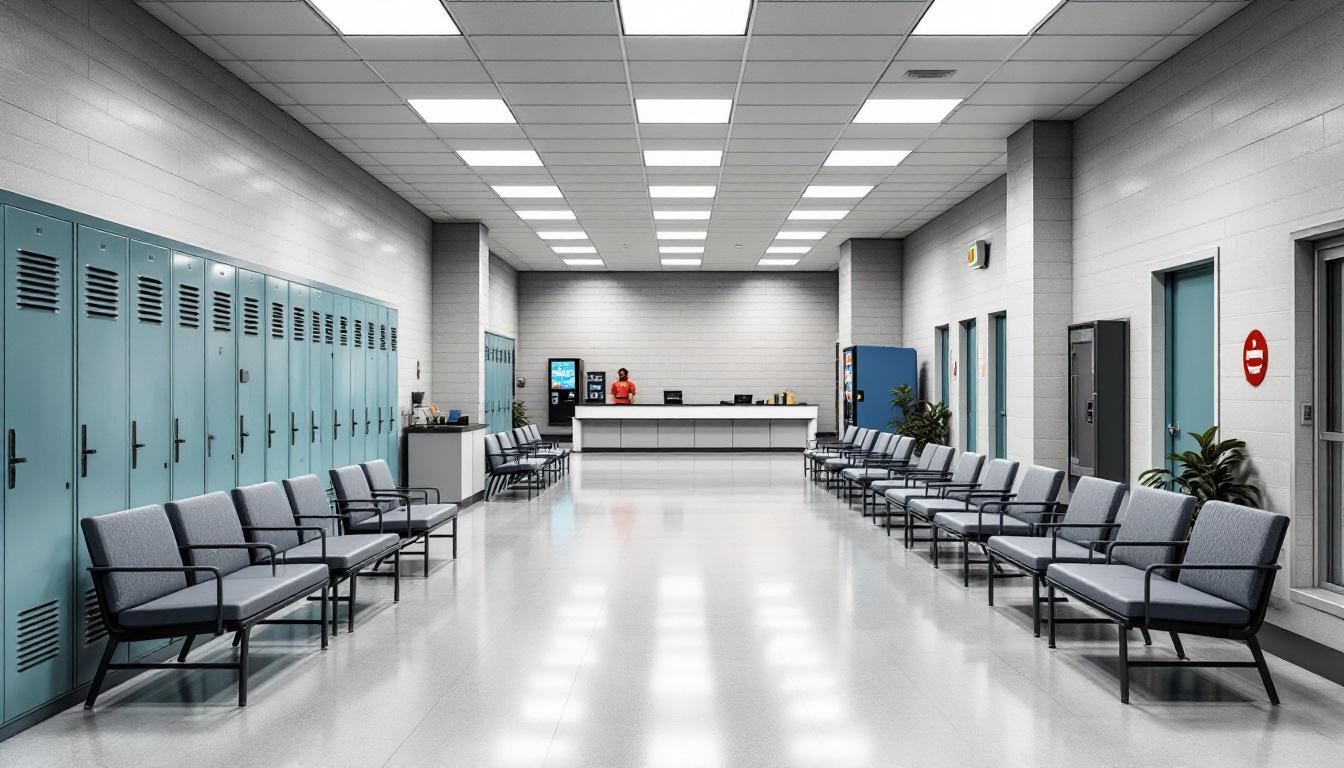
The concrete walls and steel fixtures of the housing units at Hickory County Jail create an institutional environment where inmates must quickly learn to navigate the structured confines of their temporary living space. Daily routines currently revolve around established meal times, scheduled counts, and designated periods for various activities, while the facility continues to maintain order through consistent scheduling that provides predictability for residents adjusting to incarceration.
Living accommodations typically consist of shared cells or dormitory-style housing units, where inmates generally sleep on metal bunks with basic bedding and store their limited personal belongings in designated areas. The dining arrangements usually involve scheduled meal service in a common area, with inmates receiving three meals per day that meet basic nutritional requirements. Despite this structured environment, inmates often find ways to adapt by establishing routines around available recreation time, which may include access to a dayroom area with television, basic exercise equipment, or outdoor recreation when weather and security conditions permit.
In addition to this daily structure, the facility typically provides work assignments that may include kitchen duties, cleaning responsibilities, or maintenance tasks that help inmates stay occupied while contributing to facility operations. Visitation policies generally allow family members to maintain contact through scheduled visits, phone calls, and correspondence, though these communications are subject to standard security monitoring procedures. Programming schedules often include educational opportunities, religious services, or counseling sessions designed to provide structure and support during an inmate's stay, helping residents maintain connections to the outside world while serving their time.
Ready to Connect?
Start communicating with your loved one today
Search for an Inmate
